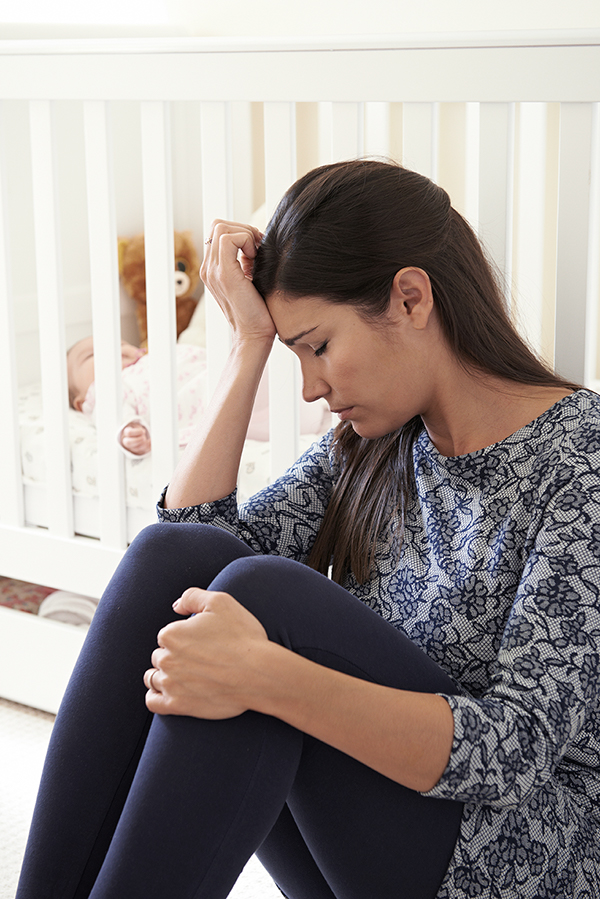Fecal Incontinence
Impaired Ability to Control Gas or Stool
Impaired Ability to Control Gas or Stool
Incontinence is the impaired ability to control gas or stool and it ranges from mild difficulty with gas control to severe loss of control over liquid and formed stools. Incontinence to stool is a common problem, but one that’s rarely discussed in public. Both bladder and bowel incontinence are problems that tend to increase with age.
There are many causes of incontinence, one of the most common being injury during childbirth. Such an injury may cause a separation in the anal muscles and a decrease in muscle strength. Also, the nerves supplying the anal muscles may also be injured. Some of these injuries may become apparent immediately following childbirth; others, however, can go unnoticed until later in life.
Other possible causes include anal operations or injury to the tissue surrounding the anal region, infections around the anal area, and aging. In each case, there can be a weakening of the anal muscles, leading to incontinence.
Diarrhea can be associated with stool leakage, due to the frequent liquid stools passing through the anal opening. If bleeding accompanies lack of bowel control, it may indicate inflammation within the colon (colitis), a rectal tumor, or rectal prolapse – all conditions that require prompt evaluation by a physician.
Basically there are four main causes:

Many clues to the origin of incontinence are found when taking a patient’s history. A woman’s history of past childbirths is very important – multiple pregnancies, large weight babies, forceps deliveries, or episiotomies can all contribute to muscle or nerve injury at the time of childbirth. In some cases, certain illnesses or medications can play a role in creating control problems.
A physical exam of the anal region should be performed, because it may identify an obvious injury to the anal muscles. In a test called manometry, a small catheter is placed into the anus to record pressure as patients relax and tighten the anal muscles. This test reveals the strength of the muscle. A separate test may also be conducted to determine if the nerves that go to the anal muscles are functioning properly. Finally, an ultrasound probe can be used within the anal area to provide a picture of the muscles and show areas in which the anal muscles have been injured.
Once the cause and severity of the problem is determined, treatment can be prescribed. Mild problems may require dietary changes and the use of some constipating medications. We may also recommend simple home exercises to strengthen the anal muscles.
In other cases, biofeedback can be used to help patients sense when stool is ready to be evacuated and to help strengthen their muscles.
In more severe cases, injuries to the anal muscles may be repaired with surgery. Diseases that cause inflammation in the rectum, such as colitis, may contribute to anal control problems. Treating such diseases may eliminate or improve symptoms of incontinence. Sometimes simply a change in prescribed medications can help.